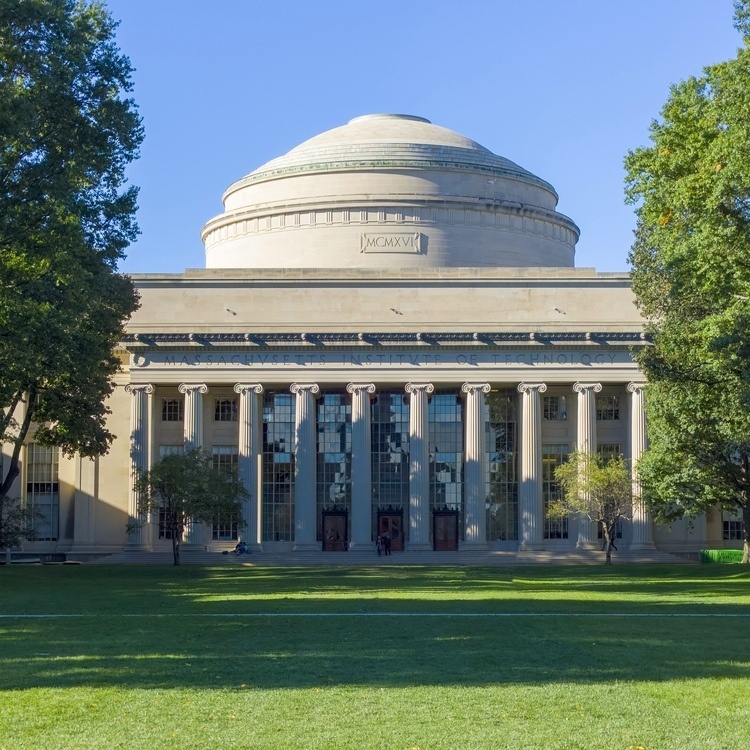
Steven Meisler Thesis Defense: White Matter Structural Correlates of Reading Abilities, Disabilities, and Intervention
Description
Time: Wednesday, April 10th, 12:30 PM EST
Place: Singleton Auditorium (room 3002)
Virtual Link: https://mit.zoom.us/j/98593266994?pwd=d2RuWEc2WnpDZnY3Vnk3bml6T0M0Zz09 (pwd: mri-read)
Title: White Matter Structural Correlates of Reading Abilities, Disabilities, and Intervention
Advisor: John Gabrieli
Abstract:
Reading is a complex, uniquely human invention for communication through print. It is a critical ability for making progress in education. Students with reading difficulties, the most common learning disability, struggle with reading fluency and accuracy. Skilled reading is enabled by the coordination of a network of brain regions interconnected by white matter pathways. Microstructural properties and plasticity of white matter can be characterized by diffusion-weighted imaging (DWI). Despite a few reports of correlations between white matter microstructure and individual and group differences in reading skills, meta-analytic summaries of extant DWI literature have suggested few-to-none robust relationships of this kind. Several methodological considerations in data processing, study design, and sample sizes may have precluded generalizability of findings across diverse studies.
This dissertation aimed to address such methodological issues to rigorously investigate white matter structural correlates of reading abilities, disabilities, and intervention among children and adolescents. My first study describes one of the initial large-scale studies of white matter microstructural associations with reading skills, which found null results similar to the aforementioned meta-analysis. Innovating on advances in data processing techniques, my second study builds upon this work by employing a novel DWI paradigm, the fixel-based analysis. This study found that the more nuanced metrics derived from this model, reflecting axonal volume, positively related to reading skill in reading-related white matter pathways, underscoring the utility of acquiring high-quality and dense DWI images. Finally, my third paper takes a different approach from the previous two, gaining statistical power with a longitudinal design in the context of an intensive summer reading intervention. In this study, improvements in white matter microstructure, primarily in core-reading circuitry, were related to improvements in reading performance over the summer. Collectively, the work in this dissertation reaffirms the previously tested notion that reading performance can be reflected in white matter properties, especially within the left-hemispheric network of bundles that supports reading. The work also emphasizes the importance of being intentional and rigorous in study design and analytical techniques.

